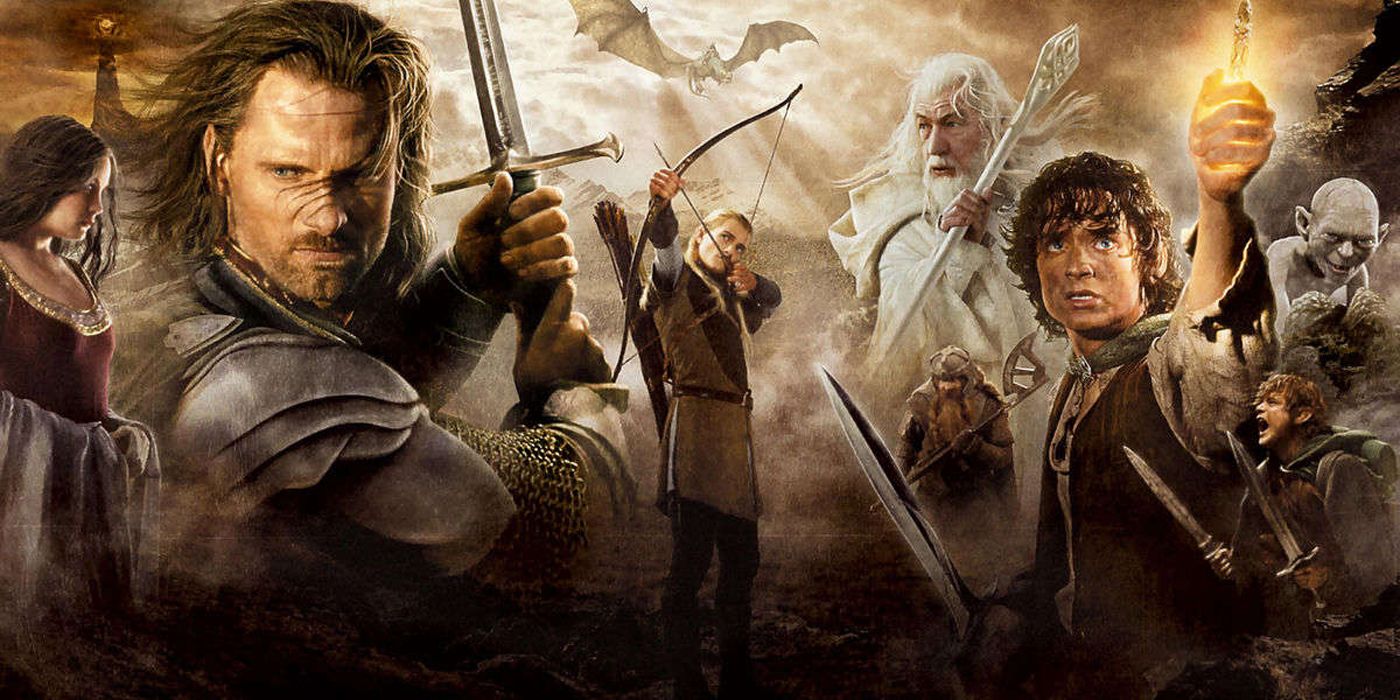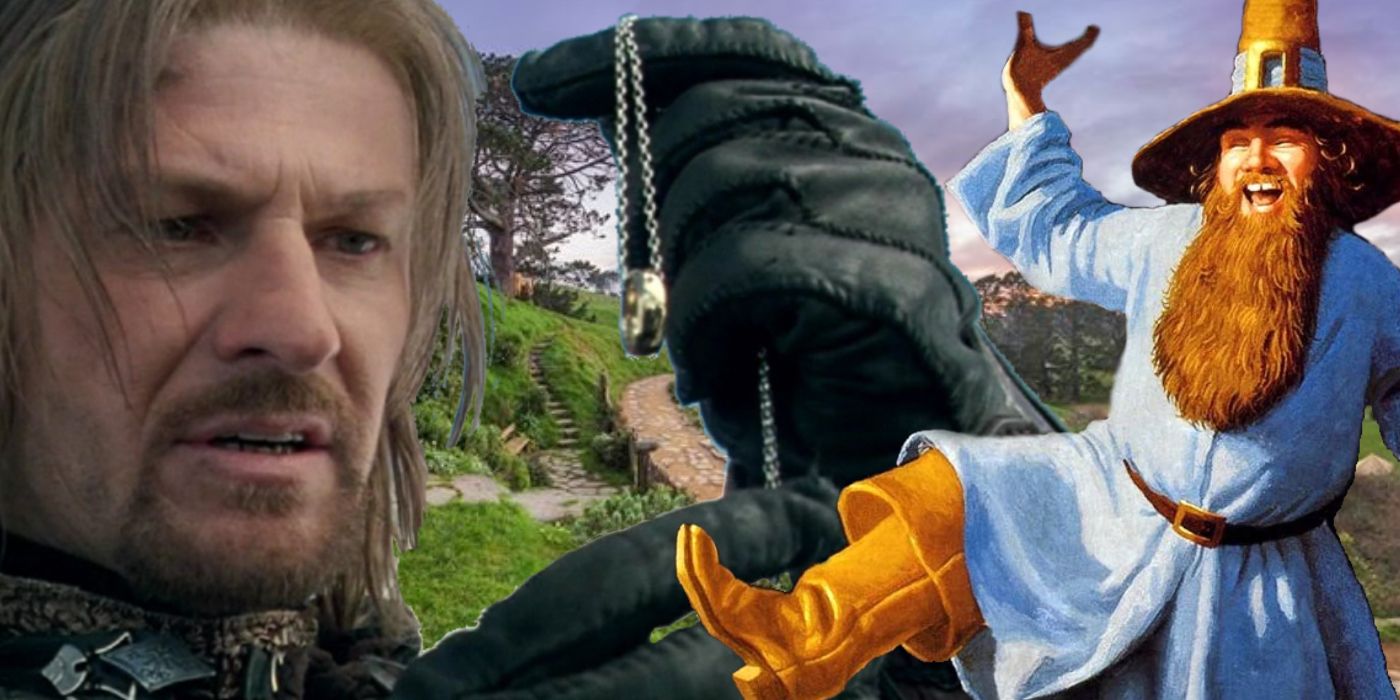
While Peter Jackson The Lord of the Rings The trilogy remains a landmark cinematic achievement, a problem with the film series was resolved by an adaptation that preceded it by 20 years. In 1978, legendary animator Ralph Bakshi made a film adapting most of The Fellowship of the Ring and The Two Towersand the books' subsequent surge in popularity led the BBC to produce SDA as a radio play, a popular format at the time. Little did the BBC know that its 1981 production would remain one of the best adaptations of the books 40 years later.
With 26 episodes and a total running time of 13 hours, BBC Radio 4 The Lord of the Rings is a meticulously crafted adaptation of the source material with a phenomenal cast. Although Peter Jackson's 2000s film trilogy is generally considered the greatest achievement of film books, they still haven't managed to fit every aspect in, even with the Extended Editions' running time clocking in at 683 minutes (nearly 11.5 hours). Although only another hour and a half, the BBC Radio adaptation manages to maintain more of the books' original dialogueamong other things, overcoming a major cinematic problem in the process.
The 1981 BBC Lord of the Rings radio series overcomes a problem that Peter Jackson's films could not
Although the BBC Radio version of The Lord of the Rings had to conform to broadcast standards with half-hour-long episodes, the serialized nature of the show meant it could adapt to the pacing of the books more than any film adaptation was able to, as 26 episodes were translated into six months of transmissions. Between this moment and the efforts of screenwriters Brian Sibley and Michael Bakewell the pace of Frodo and company's adventures is fast and engaging although it still remains more faithful to Tolkien's dialogue than any adaptation since.
Furthermore, the scripts were approved by JRR Tolkien's son, Christopherwho also provided pronunciation guides for the cast on some of the more difficult linguistic aspects of Middle Earth. The final episode of the series, "The Gray Havens", also uses a poem Tolkien wrote in his later years called "Bilbo's Last Song" as a powerful and emotional anchor for the final dissolution of the Fellowship. Without being limited by the restrictions of cinema, the 1981 film Lord of the Rings was able to successfully incorporate more of what made the novels so successful - even in comparison to Jackson's films.
BBC's Lord of the Rings adaptation could be the most faithful version of the books yet
Although other adaptations of Tolkien's work have managed to impress us with their visual spectacle, a recurring problem in adapting any book is whether the creators manage to convey the aesthetics of the story. Amazon Rings of Power series received criticism for the mixed production value of its first season, while the 1977 Rankin/Bass Animation The Hobbit and 1980 The Return of the King had divisive character designs. The BBC Radio adaptation, on the other hand, was free to ignore the visuals and let Tolkien's prose do all the heavy lifting.
BBC Radio THE Lord of the Rings Cast does wonders with dialogue, narration and poetry. Two actors – Michael Graham Cox as Boromir and Peter Woodthorpe as Gollum – returned in the same roles they played in Ralph Bakshi's animated version a few years earlier. BAFTA winner and Oscar nominee Bill Nighy (credited as William Nighy) voiced Samwise Gamgee and Frodo Baggins was played by Ian Holm – foreshadowing his role 20 years later in Peter Jackson's films. All this makes the BBC The Lord of the Rings one of the finest ways to experience the wonders and adventures of Middle-earth.
